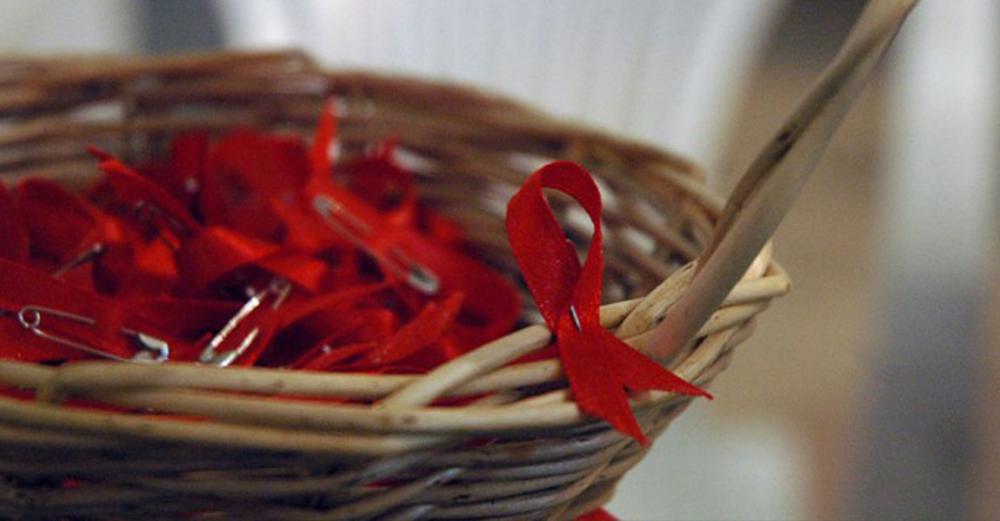Just Earth News | @justearthnews | 11 Sep 2020

Red Ribbon - symbol of global campaign to combat HIV-AIDS : Public Health Alliance/Ukraine
New York: Decades of global experience in tackling AIDS can help countries respond to the COVID-19 pandemic, a new UN report published on Wednesday has revealed.
The study by UNAIDS, the UN agency working to stamp out HIV and AIDS, outlines how the world can leverage and build resilient health systems that address both pandemics.
“Our decades-long fight against HIV offers essential lessons. By heeding those lessons and working together, we can ensure that national health responses deliver on the promise of the 2030 Agenda for Sustainable Development and the health and well-being of all”, said UN Secretary-General António Guterres.
Seize the moment
The report is entitled COVID-19 and HIV: 1 moment, 2 epidemics, 3 opportunities—how to seize the moment to learn, leverage and build a new way forward for everyone’s health and rights.
It reveals how key lessons learned in combating HIV can support accelerated action against COVID-19 without jeopardizing ongoing response to HIV and other health emergencies, thus providing a “unique opportunity” to reimagine systems for health, according to UNAIDS chief Winnie Byanyima.
“All eyes are on health, health systems and health care, with countries wanting to be better equipped to deal not only with COVID-19 but also to create healthier, more resilient societies,” she said.
“We can seize this opportunity by learning from HIV and from COVID-19 to make important changes to develop rights-based, equitable, people-centred systems for health.”
Leveraging innovative delivery
It highlights examples of how infrastructure for HIV response is being leveraged during the pandemic, including through innovative and community-led service delivery.
For example, some 280,000 new health-care workers trained by the United States President’s Emergency Plan for AIDS Relief, are currently serving as first responders to COVID-19 in several low- and middle-income countries.
Additionally, 17 HIV treatment reference centres in Morocco, are being used in the first line of response for treating disease caused by the virus.
Increase investments
The report was released at the start of the two-day Virtual Fast-Track Cities 2020 conference on urban HIV and COVID-19 responses, which concludes on Thursday.
As countries continue to grapple with the new coronavirus, UNAIDS stressed that they must take steps to limit any interruption to HIV-related services. At the same time, supply chains providing essential commodities and technologies for HIV and other global health priorities must also be able to function.
“However, with current HIV spending substantially off-track, the world urgently needs to increase investments in the responses to both HIV and COVID-19 and not siphon off one to respond to the other.” “COVID-19 has caused significant loss of life in many communities, but notably in those where inequities make people more vulnerable to ill health. Leveraging of the HIV infrastructure and workforce has helped to mitigate what might have been a far worse situation”, said José M. Zuniga, President/Chief Executive Officer of the International Association of Providers of AIDS Care, co-organizers of the conference.